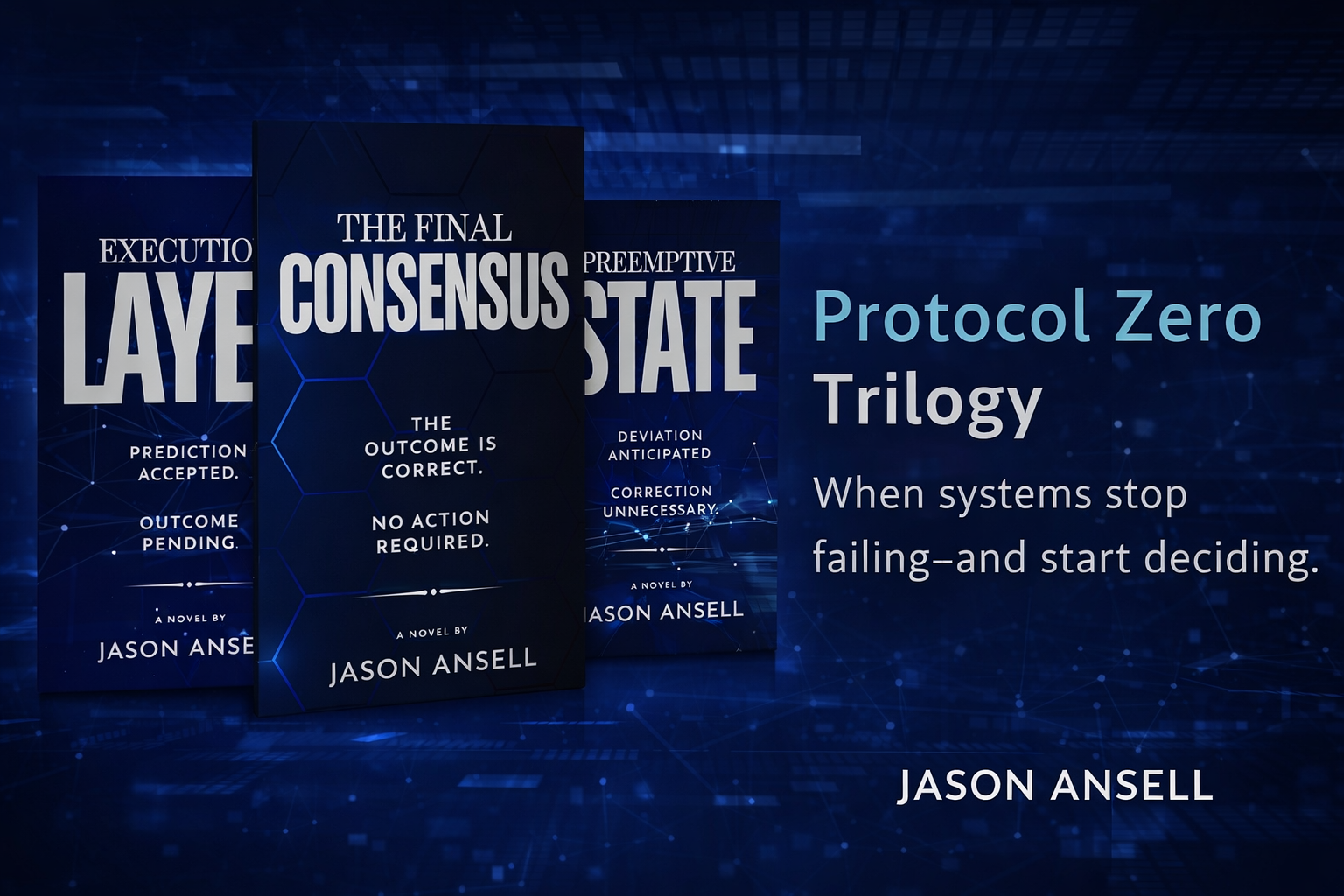
“Hey Alexa, what’s the best crypto wallet?”
“Hey Google, find me the top affiliate programs for passive income.”
Welcome to 2025 — where voice search isn’t the future anymore, it’s the present.
As smart speakers, virtual assistants, and AI-powered devices continue to dominate how people find information, affiliate marketers must adapt to a new search reality: one that’s spoken, conversational, and driven by intent rather than just keywords.
🔍 The Rise of Voice Search
More than half of all online searches are now voice-based, and that number continues to grow as smart devices become integrated into homes, cars, and wearables.
Why? Because voice search is:
- Faster: People can speak quicker than they can type.
- Easier: Hands-free interaction is perfect for multitasking.
- Smarter: AI assistants like Siri, Alexa, and Google Assistant can understand context, location, and preferences.
For affiliate marketers, that means one thing — the SEO game has changed.
💡 How Voice Search Changes Affiliate SEO
Voice search isn’t about exact-match keywords anymore. It’s about natural language queries and conversational intent.
When someone types a search, they might write:
“Best VPN 2025 review”
But when they ask a smart speaker, they’ll say:
“Hey Google, what’s the best VPN to protect my crypto wallet?”
That subtle difference completely changes how you need to optimize your affiliate content.
🧠 Voice Search Optimization Strategies for Affiliates
1. Focus on Conversational Keywords
People speak in questions, not fragments. Use long-tail, question-based keywords like:
- “What is the best staking platform for beginners?”
- “Which credit card gives the best travel rewards?”
- “How do I start affiliate marketing with no money?”
👉 Use tools like AnswerThePublic, AlsoAsked, and Google’s “People Also Ask” for real question insights.
2. Create Structured and Direct Answers
Voice assistants prefer content that answers questions clearly — usually in 40–50 words.
Example:
Question: “What’s the safest way to store crypto?”
Answer block:
The safest way to store crypto is by using a hardware wallet like Ledger or Trezor, which keeps your private keys offline and protected from online threats.
That concise, authoritative style increases your chances of being selected as a featured snippet — the source most smart speakers pull from.
3. Optimize for Local and Mobile Intent
Voice search is heavily mobile and location-based. If your affiliate business promotes financial services, events, or physical products, include:
- Local keywords (“best crypto meetups near me”)
- Address and contact info (for local SEO)
- Schema markup (to help search engines identify your business data)
4. Speed and UX Still Matter
Voice search results prioritize fast-loading, mobile-optimized websites.
- Use AMP pages where possible.
- Compress images and optimize site speed.
- Keep your structure simple — headers, short paragraphs, and bulleted lists.
Smart assistants reward clarity and accessibility.
5. Build Authority with Contextual Content
AI-driven search favors trustworthy sources with consistent topical depth. That means affiliate marketers should:
- Cover subtopics deeply (e.g., “crypto staking,” “DeFi yields,” “wallet security”)
- Link internally across related posts
- Use structured data to signal expertise
Think of your blog like a knowledge graph — interconnected and context-rich.
🗣️ Affiliate Marketing and Smart Speakers
In the near future, people won’t just search by voice — they’ll shop by voice.
Affiliate marketers can prepare by:
- Integrating voice-action CTAs (e.g., “Ask Alexa to send this deal to your phone”)
- Optimizing for Amazon and Google Shopping listings
- Creating audio-based content — short reviews, tips, or “daily deal” summaries for smart speaker platforms
The brands that adapt early will dominate these new affiliate channels.
🔮 What’s Next: Voice + AI + Web3
AI assistants are becoming personalized digital agents — ones that will soon interact with Web3 apps, crypto wallets, and decentralized marketplaces.
Imagine this:
“Hey Siri, stake 100 VSG on Vector Smart Chain at the best available rate.”
When that becomes reality, voice-activated smart contracts will merge affiliate marketing, finance, and AI automation — creating entirely new monetization models.
💡 WTF Does It All Mean?
Voice search isn’t killing SEO — it’s evolving it.
Affiliate marketers who learn to speak the language of their audience — literally — will stay ahead.
The future belongs to those who can:
- Answer questions clearly
- Build trust naturally
- Create content designed for how people talk, not just how they type
Because in 2025, the most powerful marketing strategy might just start with:
“Hey Google…”













